
I love introductions, afterwords, forewords. I buy collections of stories with stories I already have several copies of just for the new introductions, afterwords, and forewords. The only thing that’ll make me buy such a collection without a foreword, afterword, or introduction is if it has new illustrations.
And so one collection I’d love to get my mitts on is Barnes & Noble’s Edgar Allan Poe – Selected Poems & Tales which has both an introduction and new illustrations by Mark Summers!
I first heard about it via Neil Gaiman’s website. Gaiman wrote the introduction, Some Strangeness In The Proportion: The Exquisite Beauties Of Edgar Allan Poe, to the wonderful looking collection.
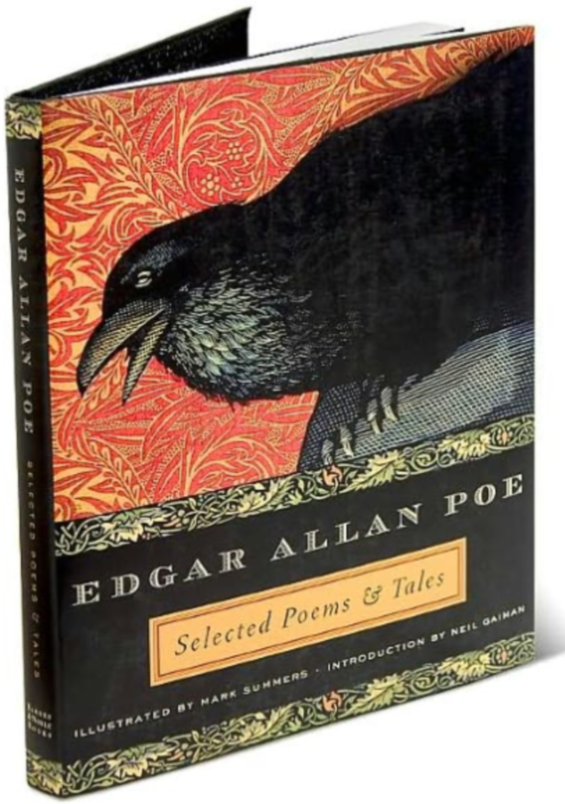
The entire inspiring essay is available over on Gaiman’s site.
Here are a few choice lines from it:
Poe isn’t for everyone. He’s too heady a draught for that. He may not be for you. But there are secrets to appreciating Poe, and I shall let you in on one of the most important ones: read him aloud.
Read the poems aloud. Read the stories aloud. Feel the way the words work in your mouth, the way the syllables bounce and roll and drive and repeat, or almost repeat. Poe’s poems would be beautiful if you spoke no English (indeed, a poem like “Ulalume” remains opaque even if you do understand English — it implies a host of meanings, but does not provide any solutions). Lines which, when read on paper, seem overwrought or needlessly repetitive or even mawkish, when spoken aloud reshape and reconfigure.
(You may feel peculiar, or embarrassed, reading aloud; if you would rather read aloud in solitude I suggest you find a secret place; or if you would like an audience, find someone who likes to be read to, and read to him or to her.)
And check out this illustration by Mark Summers (do you see the hidden skull?):
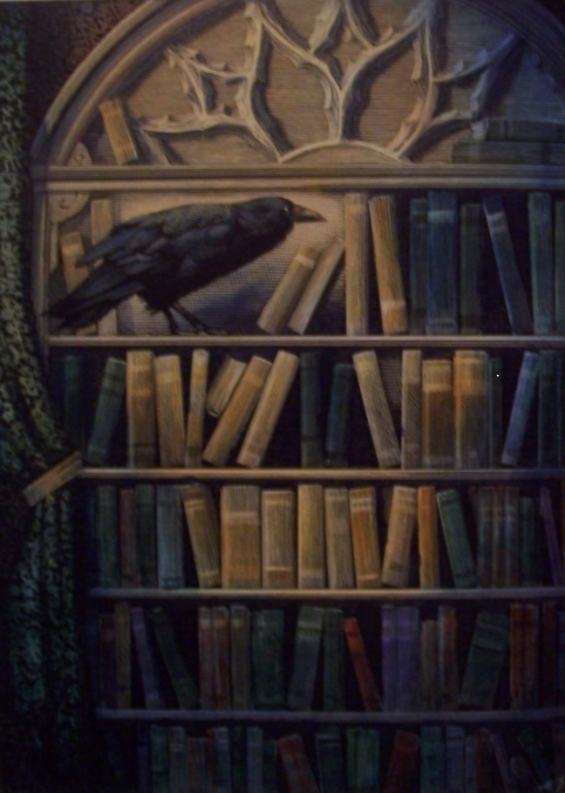
If you can’t see it, hit “Ctrl -” a few times.
And hey, my birthday is coming up people, and I don’t have this book!
Posted by Jesse Willis

 I’ve been looking for an audio copy of this wonderful 5,000 word essay, and I’ve just found it. In this 27 minute long reading of The Philosophy Of Composition Edgar Allan Poe explains the creation of The Raven – showing the necessity of all of the components of the poem – and in the process, explaining what’s wrong with most fiction – Poe argues that most composition (poetry and prose) is typically aiming at the sufficient and not the necessary.
I’ve been looking for an audio copy of this wonderful 5,000 word essay, and I’ve just found it. In this 27 minute long reading of The Philosophy Of Composition Edgar Allan Poe explains the creation of The Raven – showing the necessity of all of the components of the poem – and in the process, explaining what’s wrong with most fiction – Poe argues that most composition (poetry and prose) is typically aiming at the sufficient and not the necessary.






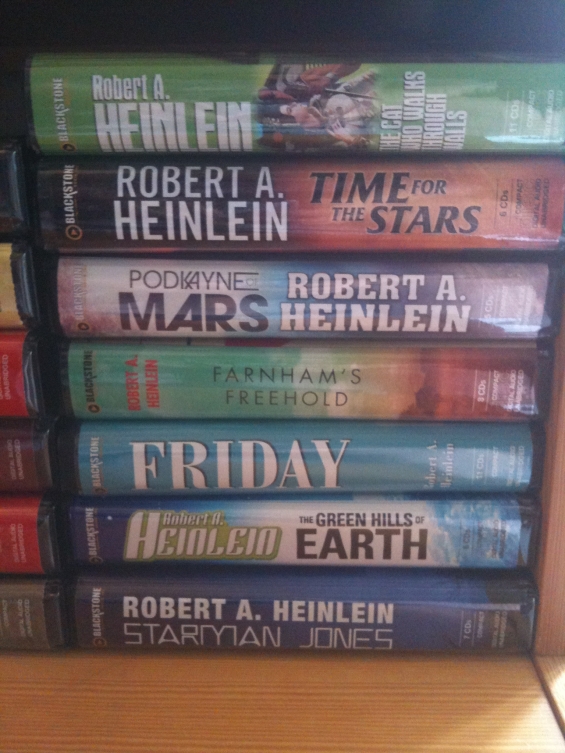

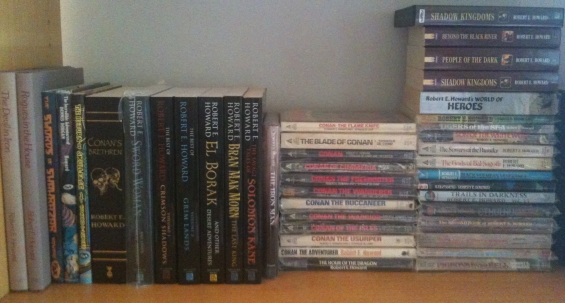
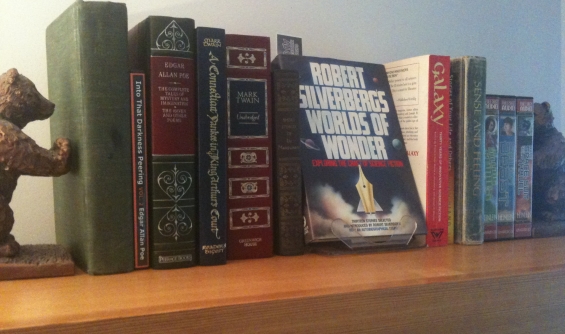


 Moon-Face
Moon-Face

